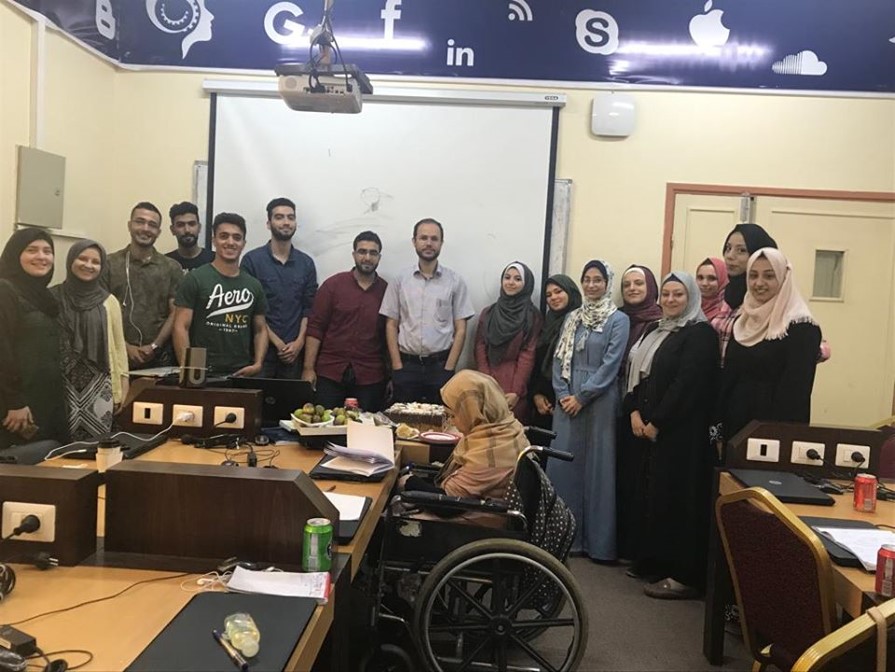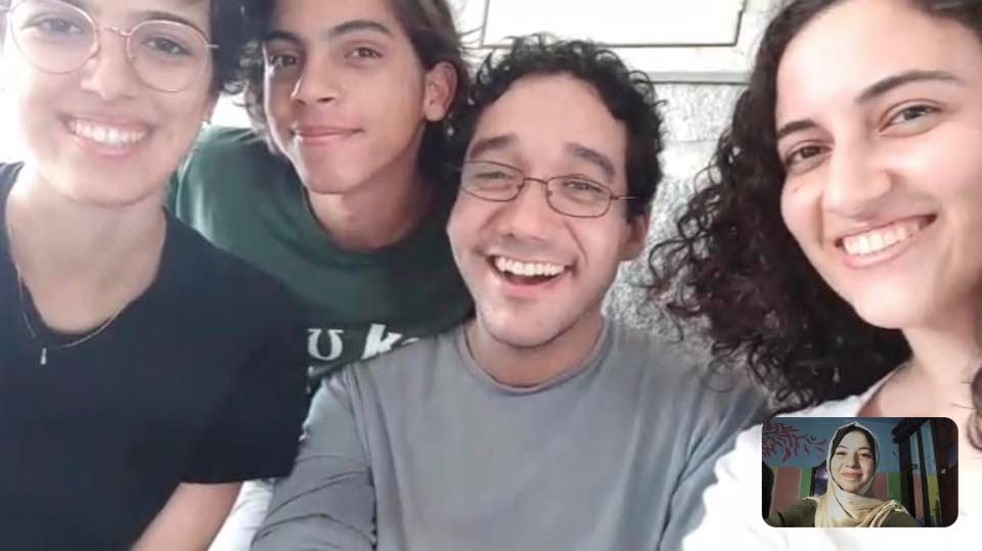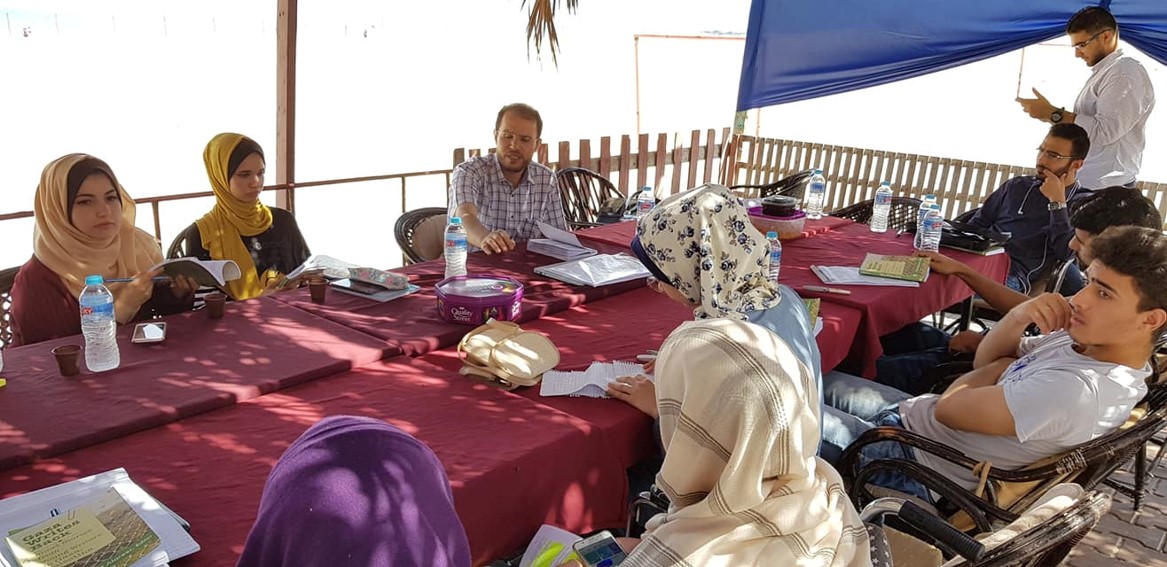Case study at Gaza
Case study at Gaza

Building an Intercultural Pedagogy for Higher Education in Conditions of Conflict and Protracted Crises: Languages, Identity, Culture!

NATAL-GAZA ONLINE EXCHANGE
Here you have information about the group that was involved in the exchange with students from Gaza.
ABOUT THE GROUP:
There are 20 students in the group;
They are in the 4th semester of their Letras course at the Federal University of Rio Grande do Norte (UFRN-Brazil), taking “Teaching Practice I” (TP I). In TP I, they are studying the use of Information and Communication Technologies applied to ELT;
Most of the students are B2 in the CEF, but there are a few C1 ones.
ABOUT THE TRAINING:
Students had 4,5 hours of training divided in three sessions, as follows:
| Date | Materials | Details |
| Aug, 30th | Text: Intercultural Pragmatics as part of Intercultural Education for teachers | Students got in touch with the intercultural dimension of language teaching and discussed some key concepts, such as: culture, ICC, social group and communicative styles. |
| Sept, 6th | Text: The Hemispheres Connection;Facebook groups (HC and Gaza). | Students discussed the possibilities and constraints of an online exchange. They also had a look at actual exchanges that happened in closed Facebook groups in the Hemispheres Connection and in the Fiction & Poetry from Palestine projects. |
| Date | Materials | Details |
| Sept, 13th | Students Feedbacks;Netiquette; Questions and Answers. | Students gave feedback on the previous sessions and clarified doubts about the exchange. Then, they spent some time talking about netiquette and the dos and don’ts in interactions via the internet. Finally, there was a “hands on” moment, since students recorded short videos introducing themselves and Natal. The videos were posted in the closed group on Facebook. |

ABOUT THE EXCHANGE
The exchange lasted for three weeks, from September 20th to October 4th , on Facebook, but we had a Skype meeting with students and coordinators from Brazil and Gaza on November 7th;
For the interaction, Brazilian students produced flash non-fiction texts, posted pictures and short videos describing themselves and Natal;
The exchanges were monitored by Dr. Janaína Weissheimer and me. We also had a Google Classroom in order to contact Brazilian participants and give instructions for the weekly tasks;
In Week 3, students handed in a reflexive journal about the whole intercultural project (to be read);
The project was fully integrated to the classes and students´ texts were graded.

THE EXCHANGE IN NUMBERS
10 videos were posted by Brazilian participants;
19 participants involved in the videos (they could be either individual or group videos);
09 flash non-fiction texts were posted;
20 participants were involved in the writing (they could be either individual or group texts);
Only 09 participants commented on someone else´s posts.

ABOUT THE SKYPE MEETING
The meeting happened in one of labs at UFRN and involved 13 Brazilian and 5 Palestinian participants;

OVERALL IMPRESSION
The overall impression of the project is very good. Brazilian participants were highly motivated most of the time, although there was a bit of resistance to use Facebook (some of them didn’t even have an account anymore). They suggested that the use of more dynamic platforms such Whatsapp or Messenger could be more stimulating in other experiences;
FUTURE CHALLENGES:
- Try to use more dynamic platforms;
- Include more opportunities for synchronous communication (via Skype or other means);
- Find ways to encourage participants to comment on their peers´ posts.
More Pictures from Gaza
